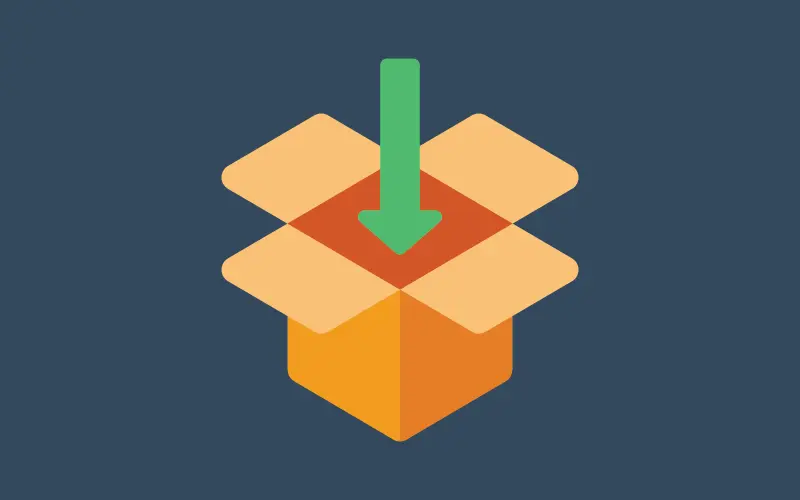
Cartonization is a warehouse management system (WMS) feature that evaluates the size, shape and weight of every item to determine the best packaging option. It can speed up order delivery and increase profitability by reducing waste and packing inefficiencies.
Cartonization can also help you minimize empty spaces in your cartons and pack items securely to ensure they arrive safely at their destinations. This makes cartonization a vital component of warehouse and shipping operations.
When evaluating cartonization software, ask a few questions to ensure it meets your company’s specific needs. These include how much functionality it offers, whether it integrates with existing systems and what the cost is per shipment.
For example, if you need an advanced order optimization algorithm to automate the packaging process, you may want to consider commercial grade cartonization software from a third-party vendor. These solutions typically come with a higher price tag due to their specialized nature but can be worth the investment if your company is looking to streamline its shipping process and reduce packing inefficiencies.
Cartonization tools are often deployed as modules within WMS systems, shipping applications and fulfillment products. Here are a few such systems:
Additionally, cartonization helps brands save money on damages by packaging shipments correctly and efficiently. It also decreases order returns and improves parcel compliance by ensuring the right box is used for each shipment.
What are the Benefits of Cartonization Software?
Cartonization software helps optimize the way products are packed in order to save on shipping costs while increasing productivity rates. It also ensures that items fit tightly into available space, which reduces the possibility of damages occurring during transit.
Typically, cartonization solutions use algorithms to generate an optimized solution for packing orders quickly and efficiently. These algorithms consider factors like order quantity and size of items when recommending box sizes, so that optimal space utilization is achieved while minimizing waste.
The solution should also be capable of generating custom labels for each package shipment so that receiver details can be accurately relayed to the shipping carrier and other logistics partners throughout the supply chain process.
Here are some specific benefits of cartonization software:
- Increased efficiency: Cartonization software can help businesses pack orders more efficiently by automatically calculating the best way to pack orders into cartons. This can save time and money, as well as reduce the risk of errors.
- Reduced labor costs: Cartonization software can help businesses reduce labor costs by automating the packing process. This can free up employees to focus on other tasks, such as customer service or order fulfillment.
- Improved accuracy: Cartonization software can help businesses improve the accuracy of their packing process by automatically calculating the best way to pack orders into cartons. This can help to reduce the risk of errors, which can lead to lost sales and customer dissatisfaction.
- Increased customer satisfaction: Cartonization software can help businesses improve customer satisfaction by reducing the risk of errors and ensuring that orders are packed correctly. This can lead to fewer returns and increased customer loyalty.
- Improved inventory management: Cartonization software can help businesses improve their inventory management by providing insights into how products are being packed. This information can be used to optimize inventory levels and ensure that products are always available when customers need them.
- Reduced shipping costs: Cartonization software can help businesses reduce shipping costs by optimizing the size and weight of cartons. This can help to reduce shipping costs and improve the environmental impact of shipping.
Cartonization enables businesses to save on shipping costs while also delivering accurate, reliable orders that arrive on time. Cartonization software can also be integrated into existing systems and processes, making it easy to adapt to changes in demand or customer needs.
How Does Cartonization Work with Barcode Label Printing Software?
Cartonization is an important part of the business logistics process. It helps to ensure that products are packed safely and efficiently based on their unique characteristics and requirements.
In particular, it is a valuable tool for businesses that sell a range of items with unique sizes and weights. In these cases, cartonization determines the most efficient way to pack various products together in the least amount of boxes possible.
A modern barcode label printing solution automatically generates labels for these orders based on the container volume, dimensions, and other constraints – so you don’t have to worry about a single item getting lost or misplaced. CYBRA’s labeling software, MarkMagic, supports a wide range of 2D and 1D barcode types typically used in cartonization systems and applications such as:
In CYBRA’s barcode label software, MarkMaigic, users can link to external data sources like SQL, XML, JSON, or CSV files. This allows the user to print labels directly from data in these formats without having to convert the files into a format that can be read by the labeling software.
The value in the linked data field is encoded in a barcode. Whether it’s an incremented number, formula or static value, or a link to an external database, users can select the value they want encoded in the label. Cartonization gets easier when barcode and label printing is automated within the system.




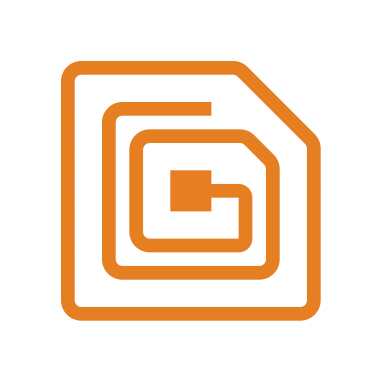
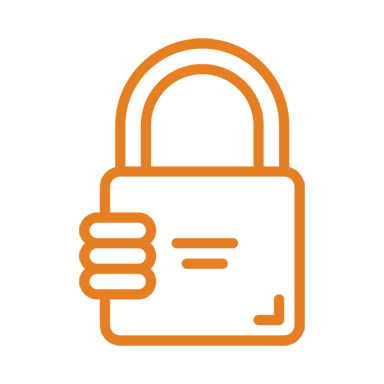
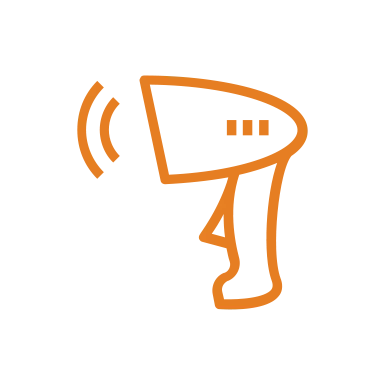
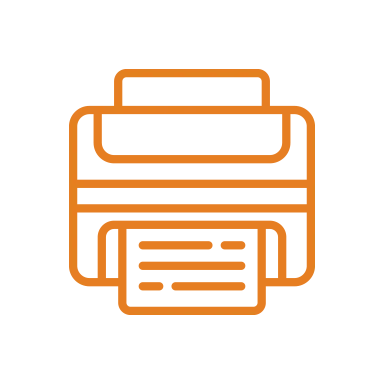

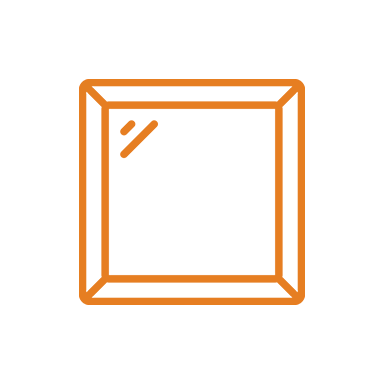
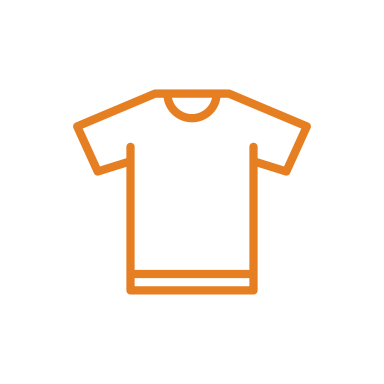
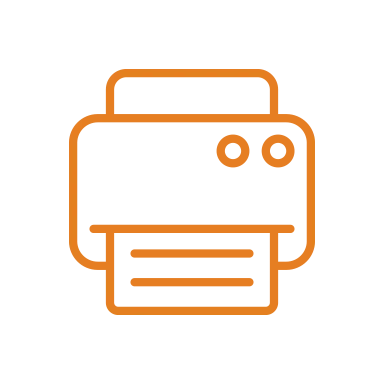
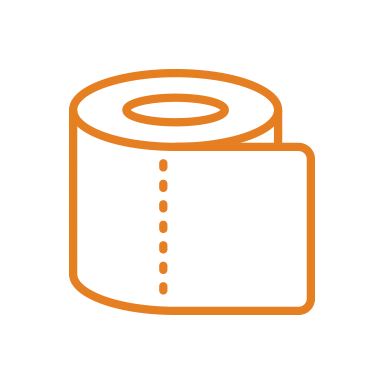

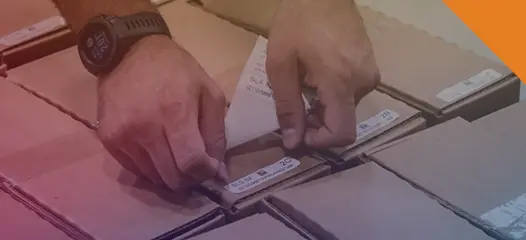
 RFID Cage
RFID Cage
